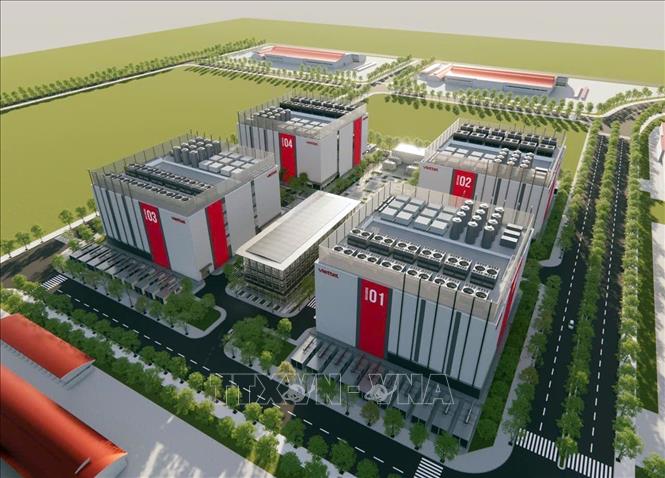
Minister of Science and Technology Nguyen Manh Hung emphasized that Vietnam's digital infrastructure must ensure ultra-wideband, universality, sustainability, intelligence, openness, greenness and safety. Establishing new data centers that meet international green standards is one of the goals of the Digital Infrastructure Strategy to 2025 and vision to 2030.
A data center is a physical location designed to host an organization's critical applications and data, with components such as servers, storage systems, routers, switches, networks, cooling systems, security systems, and application delivery controllers. The data center is considered the "heart" of the Internet and the "backbone" of the digital economy, playing an important role in storing, processing, and managing huge amounts of data, helping the digital transformation process take place smoothly and successfully.
Building a separate Data Center is a safe choice compared to traditional storage methods due to its outstanding advantages in terms of safe storage and management, increased operational efficiency, ensuring continuous service, flexible scalability, cost savings and being an important foundation in digital transformation.
Vietnam currently has 33 data centers belonging to domestic telecommunications enterprises VNPT, Viettel IDC, FPT Telecom, CMC Telecom and has begun to see the participation of foreign enterprises such as Gaw Capital, Worldwide DC Solution (Singapore)... According to a recent report by the Ministry of Science and Technology, four enterprises plan to invest in large-scale data centers with a total capacity of 220 MW. The Ministry of Science and Technology also assessed that Vietnam's data center infrastructure has made many strides, but the total capacity has only reached 182 MW, far from the target of 870 MW by 2030. Currently, there is only one super-large-scale data center with a capacity of 30 MW put into operation by the Military Industry-Telecoms Group (Viettel) in April 2024 at Hoa Lac High-Tech Park (Hanoi).
It is forecasted that in the coming years, Vietnam will see a boom in data centers with a scale of 1.27 billion USD by 2030, an average compound growth rate of 10.8%. One of Vietnam's advantages is that the cost of building and operating a data center in Vietnam is much lower than in other countries in the region, so the rental price of the service is also lower. This is a great opportunity for Vietnam in the context of the wave of data and technology infrastructure shifting strongly from developed economies to Southeast Asia.
To meet the growing demand of the market, data centers in Vietnam are continuously put into operation. Recently, Viettel started construction of a super-large-scale data center in Tan Phu Trung Industrial Park, Ho Chi Minh City. The project is deployed on an area of nearly 4 hectares, with a total designed power capacity of 140 MW, allowing the installation of about 10,000 rack cabinets, expected to operate in the first phase from the first quarter of 2026 and be fully completed before 2030. When completed, this will be the first data center in Vietnam to reach a capacity of over 100 MW, also known as super-large scale, equivalent to large data centers in the world.
Tan Phu Trung Data Center is designed and operated according to Uptime Tier III international standards; has an average power density of 10kW/rack, 2.5 times higher than the average in Vietnam. The highest rack capacity is up to 60 kW, meeting the high-performance computing needs of large-scale artificial intelligence (AI) models and applications. To achieve this high power density, Tan Phu Trung Data Center applies advanced cooling technologies and intelligent management systems based on artificial intelligence.
Chairman and General Director of the Military Industry - Telecommunications Group (Viettel), Major General Tao Duc Thang said: “Data centers are not simply technical facilities for storing resources, but are the foundation of digital sovereignty, digital infrastructure - the foundation for the digital economy, digital society, and digital government. All security solutions, monitoring and coordination of digital security are self-developed by Viettel, ensuring absolute sovereignty over technology - not dependent on third parties”.
The scale, technology and sustainability of the project are consistent with the orientations in Resolution 57-NQ/TW of the Politburo on breakthroughs in science, technology, innovation and national digital transformation and Decision No. 36/QD-TTg of the Prime Minister on Information and Communications Infrastructure Planning.
Source: https://doanhnghiepvn.vn/chuyen-doi-so/trung-tam-du-lieu-nen-tang-day-nhanh-qua-trinh-chuyen-doi-so/20250428093911030


![[Photo] Ho Chi Minh City residents "stay up all night" waiting for the April 30th celebration](https://vphoto.vietnam.vn/thumb/1200x675/vietnam/resource/IMAGE/2025/4/30/560e44ae9dad47669cbc4415766deccf)



![[Photo] General Secretary To Lam presents the title "Hero of Labor" to the Party Committee, Government and People of Ho Chi Minh City](https://vphoto.vietnam.vn/thumb/1200x675/vietnam/resource/IMAGE/2025/4/30/08a5b9005f644bf993ceafe46583c092)
![[Photo] Demonstration aircraft and helicopters flying the Party flag and the national flag took off from Bien Hoa airport](https://vphoto.vietnam.vn/thumb/1200x675/vietnam/resource/IMAGE/2025/4/30/b3b28c18f9a7424f9e2b87b0ad581d05)










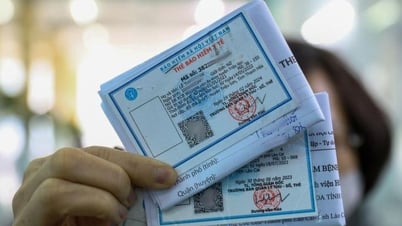




![[Photo] Ho Chi Minh City: People are willing to stay up all night to watch the parade](https://vphoto.vietnam.vn/thumb/1200x675/vietnam/resource/IMAGE/2025/4/29/cf71fdfd4d814022ac35377a7f34dfd1)














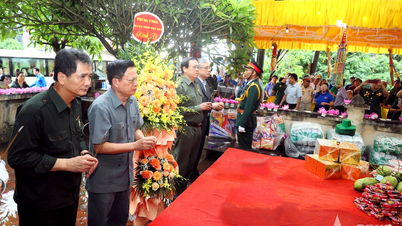



















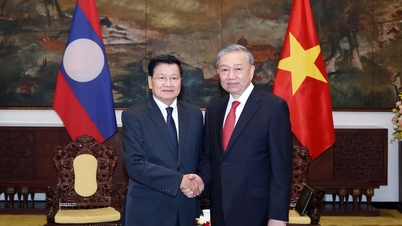






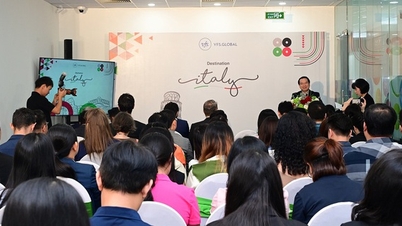

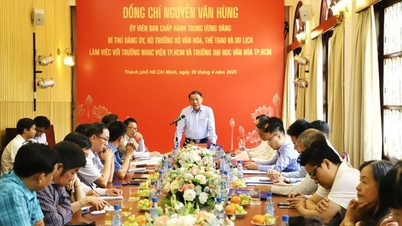






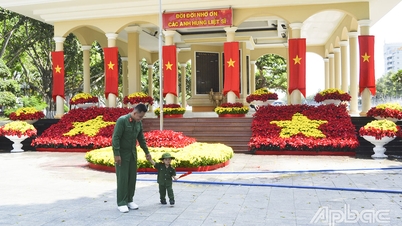


















Comment (0)